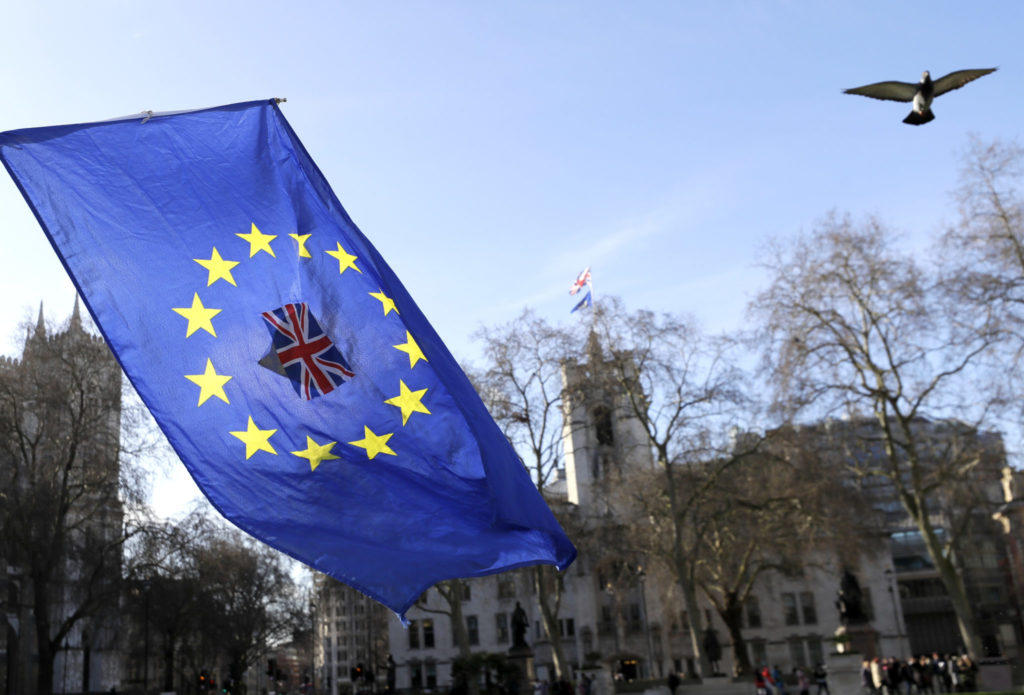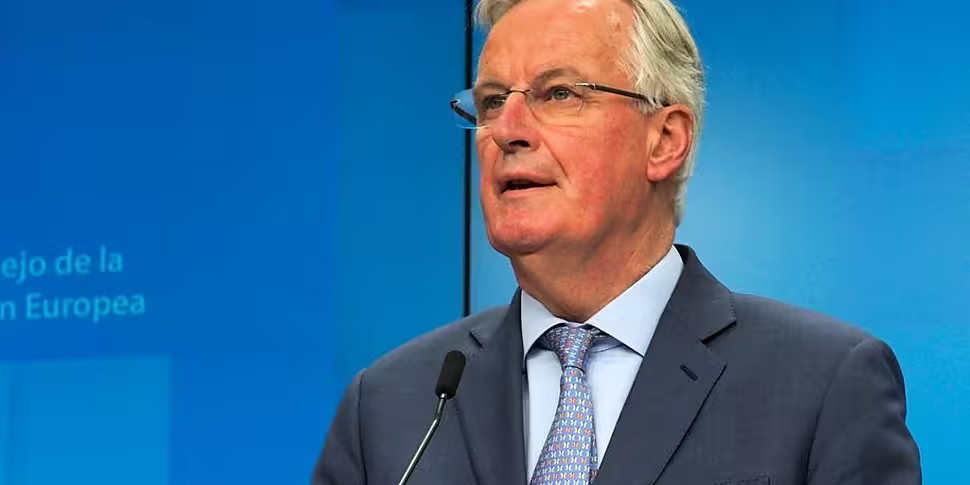The European Union's chief Brexit negotiator Michel Barnier has said a trade deal between the bloc and the UK is now unlikely.
He was speaking in London on Thursday following a sixth round of negotiations.
He said while some progress was made, issues around a level playing field and fisheries are still outstanding.
Mr Barnier said: "On important areas such as climate, environment, labour or social law, the UK refuses effective means to avoid undercutting by lowering standards."
"On fisheries, the UK is effectively asking for a near total exclusion of EU fishing vessels from UK waters.
"That is simply unacceptable.
"The UK will be an independent coastal state, and the EU fully respects that.
"We also recognise that, under the future agreement, there may be change to the benefit of UK fishermen.
"But common stocks need to be managed jointly - according to international law and the principle of responsible and sustainable management of resources.
"And any agreement cannot lead to the partial destruction of the EU fishing industry."
He added: "We have to agree on a balanced, sustainable and long-term solution for fisheries protecting the many men and women whose livelihoods depend on it.
"The EU has always insisted that an economic partnership with the UK must include robust level playing field rules and an equitable agreement on fisheries.
"This means that, by its current refusal to commit to conditions of open and fair competition and to a balanced agreement on fisheries, the UK makes a trade agreement at this point unlikely."
 An anti-Brexit campaigner waves a European Union flag outside the British parliament in London | Image: Kirsty Wigglesworth/AP/Press Association Images
An anti-Brexit campaigner waves a European Union flag outside the British parliament in London | Image: Kirsty Wigglesworth/AP/Press Association ImagesWhile chief UK negotiator David Frost said that with less than six months to go until the end of the Brexit transition period, Britain must "continue preparing for all possible scenarios".
Mr Frost said that "considerable gaps remain in the most difficult areas" - the level playing field and fisheries.
"We have always been clear that our principles in these areas are not simple negotiating positions but expressions of the reality that we will be a fully independent country at the end of the transition period," he said.
"That is why we continue to look for a deal with, at its core, a free trade agreement similar to the one the EU already has with Canada - that is, an agreement based on existing precedents.
"We remain unclear why this is so difficult for the EU, but we will continue to negotiate with this in mind."
Britain left the EU at the end of January and is currently in an 11-month transition period, which sees it continue to follow the bloc's rules and regulations.
A window for the UK to extend the transition period by up to one to two years expired on June 30th.
If the transition ends on December 31st without a deal being struck, the UK will likely have to trade with the EU on World Trade Organisation terms.
Additional reporting: IRN









